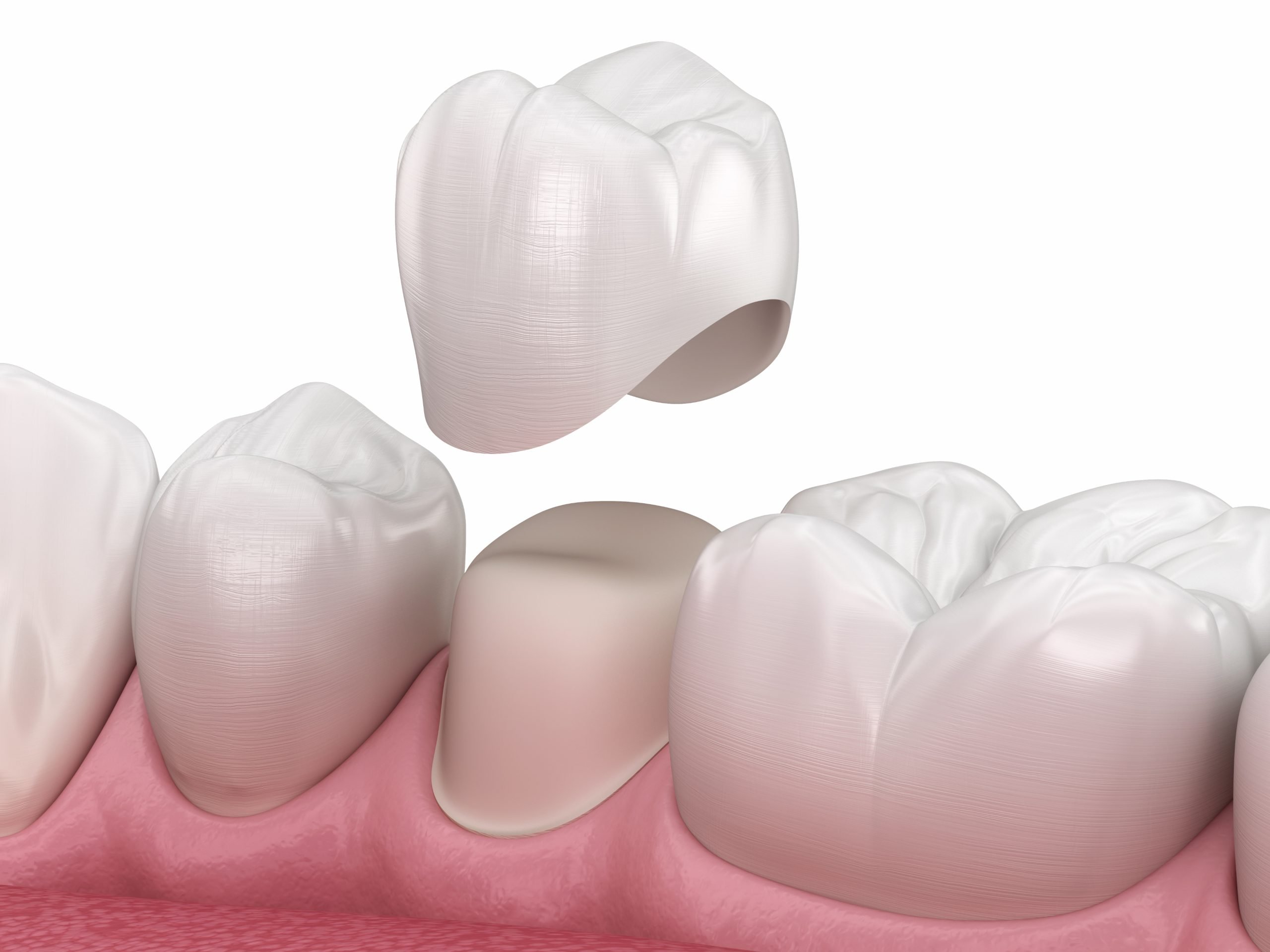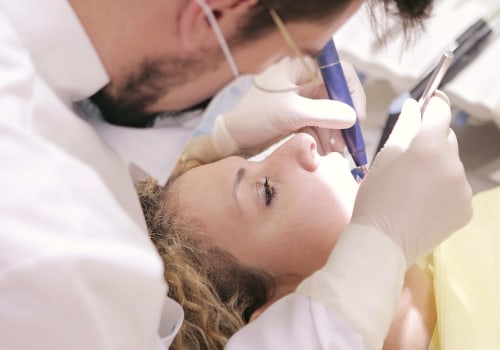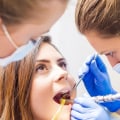In our journey to have healthy teeth and gums, we all have a common goal: maintaining good dental care. We know that a healthy smile starts with our own efforts at home and regular checkups with our dentist. We understand the importance of brushing our teeth twice a day, flossing daily, and watching our sugar intake.
But it doesn't end there. Regular visits to our dentist help us catch problems early and keep our smiles shining. Let's explore the basics of dental care and keep our oral health in top shape.
TLDR
- Proper brushing techniques, including brushing twice daily with fluoride toothpaste and using an electric toothbrush for a thorough clean, are essential for basic dental care.
- Flossing and interdental cleaning are crucial for reaching hard-to-reach areas and preventing plaque buildup and gum diseases.
- Regular dental check-ups every six months allow for early detection of dental problems, preventive measures, dental cleaning, and oral cancer screening.
- Maintaining a balanced diet, cleaning the tongue, using mouthwash and oral rinses, and teaching children proper brushing techniques are all important components of basic dental care.
Introduction to Basic Dental Care
Let's talk about the importance of dental hygiene, the components of basic dental care, and common dental issues.
Taking care of our teeth and gums is crucial for maintaining good oral health. By understanding the basics of dental care, we can prevent dental problems and ensure a healthy smile for years to come.
Importance of Dental Hygiene
Let's talk about the importance of dental hygiene, which includes daily practices for dental care and regular dental check-ups.
By brushing twice daily with fluoride toothpaste, flossing once a day, and maintaining a balanced diet, we can prevent plaque buildup and promote healthy gums.
Additionally, scheduling regular visits with our dentist every six months allows for early identification and treatment of any dental issues, ensuring a lifetime of confident smiles.
Daily Practices for Dental Hygiene
To ensure optimal dental health, it's crucial that we prioritize daily practices for dental hygiene. Here are some important tips to keep in mind:
Don't forget to clean your tongue, as it can harbor bacteria and cause bad breath.
Consider using an electric toothbrush for a more thorough and efficient clean.
Teach your children the proper technique for brushing their teeth to instill good habits early on.
Fluoride plays a vital role in dental hygiene, so make sure your toothpaste contains it.
Regular Dental Check-ups
Regular dental check-ups are an essential component of maintaining optimal dental health and hygiene. These check-ups offer a range of benefits, including early detection of dental problems, thanks to the use of dental X-rays.
Through regular check-ups, preventive measures can be taken to combat dental problems before they become more serious. Additionally, dental cleaning and polishing help to keep teeth and gums healthy.
Oral cancer screening is also done during these check-ups. Fluoride plays a vital role in dental care, and dental sealants are important for protecting teeth. Oral hygiene tips for children are also provided.
Lastly, managing dental anxiety is addressed to ensure a comfortable experience for all patients.

Components of Basic Dental Care
Let's now talk about the key components of basic dental care.
These include:
- Proper brushing techniques to effectively remove plaque and food particles
- Flossing and interdental cleaning to reach areas between teeth that brushing alone can't
- The use of mouthwash and oral rinses to enhance oral hygiene
Brushing Techniques
We use a toothbrush to effectively remove plaque and maintain oral hygiene.
When it comes to brushing techniques, proper toothbrush selection and using the right toothpaste are essential.
Taking care of our gum health and cleaning our tongue are also important steps in our oral hygiene habits.
Additionally, incorporating dental flossing and interdental brushes into our routine helps to remove plaque from hard-to-reach areas.
Avoiding toothbrushing mistakes ensures that we maintain optimal oral health.
Flossing and Interdental Cleaning
To continue our discussion on maintaining optimal oral health, an important component of basic dental care is flossing and interdental cleaning.
Flossing techniques and interdental cleaning tools, such as interdental brushes and water flossers, are essential for removing plaque and food particles from between the teeth and along the gumline.
Regular flossing with different dental floss types promotes healthy gums and helps prevent gum disease. It's important to floss at least once a day and avoid common flossing mistakes for effective interdental cleaning.
Mouthwash and Oral Rinses
Continuing from our previous discussion on flossing and interdental cleaning, an integral aspect of basic dental care is the use of mouthwash and oral rinses for effective oral hygiene. Here are some key points to consider:
- Mouthwash benefits: Helps freshen breath and kill bacteria.
- Types of mouthwash: Antiseptic, fluoride, and natural options available.
- Mouthwash vs. oral rinses: Mouthwash contains alcohol, while oral rinses are alcohol-free.
- Mouthwash ingredients: Vary, but common ones include fluoride, essential oils, and antibacterial agents.
Common Dental Issues
Now let's talk about some common dental issues that can arise despite our best efforts.
Cavities and tooth decay occur when plaque buildup erodes the tooth enamel, leading to painful and costly treatments.
Gum diseases, such as gingivitis and periodontitis, can cause swollen, bleeding gums and even tooth loss if left untreated.
And let's not forget about the embarrassment and discomfort of bad breath, or halitosis, which can arise from poor oral hygiene or underlying health issues.
These are just a few of the common dental issues we'll be exploring in more detail.
Cavities and Tooth Decay
Cavities and tooth decay are common dental issues that can be prevented with proper dental care. By following oral hygiene tips, such as brushing twice daily with fluoride toothpaste and reducing sugar consumption, we can protect our tooth enamel from erosion.
Regular dental checkups help in early detection and cavity treatment, which may involve dental fillings. Taking these steps ensures a healthy smile and fosters a sense of belonging in the dental community.
Gum Diseases
By addressing gum diseases, we can further enhance our understanding of basic dental care and its impact on overall oral health.
Preventing gum disease is crucial for maintaining healthy gums. Some gum health tips include brushing and flossing regularly, eating a balanced diet, and avoiding tobacco products.
Signs of gum disease include red, swollen gums, bleeding while brushing or flossing, and bad breath. Treatment options for gum disease may include deep cleaning, medication, or surgery.
It's important to practice good oral hygiene and follow gum disease prevention tips to reduce the risk factors and maintain healthy gums.
Natural remedies for gum disease may also be effective in promoting gum health.
Bad Breath (Halitosis)
Addressing bad breath is an essential aspect of maintaining basic dental care and promoting overall oral health.
When it comes to halitosis, there are several causes to consider, including underlying health conditions and certain habits that promote bad breath.
Treatment for halitosis may involve using dental care products specifically designed for fresh breath, along with natural remedies.
Prevention tips for bad breath include maintaining oral hygiene, avoiding foods that cause bad breath, and understanding the impact it can have on social interactions.
Frequently Asked Questions
How Often Should I Replace My Toothbrush?
We replace our toothbrushes every three to four months for optimal dental hygiene. Regular toothbrush replacement ensures effective cleaning, preventing bacteria buildup. It's an essential part of our dental care routine to maintain oral health and a fresh smile.
Are Electric Toothbrushes More Effective Than Manual Toothbrushes?
Electric toothbrushes offer several benefits, including more effective plaque removal and easier use for those with limited dexterity. Manual toothbrushes have advantages too, like lower cost and simplicity. Consider your needs and preferences when selecting a toothbrush, and remember to properly maintain it for optimal oral health.
What Types of Foods Should I Avoid for Good Dental Health?
To maintain good dental health, we should avoid sugary snacks, sticky candies, soda, acidic fruits, coffee, alcohol, citrus juices, potato chips, dried fruits, and ice. These foods can contribute to plaque buildup and tooth decay.
How Can I Prevent Bad Breath?
To prevent bad breath, we prioritize oral hygiene. Brushing and flossing daily, using dental care products like mouthwash, and maintaining a healthy diet are essential. Natural remedies can also help. Fresh breath boosts our self-confidence and overall oral health.
Is It Necessary to Use Mouthwash as Part of My Dental Care Routine?
Using mouthwash as part of our dental care routine can provide benefits such as fresh breath and plaque control. However, there are alternatives like oil pulling or saltwater rinses that can also promote oral hygiene, gum health, and cavity prevention.







